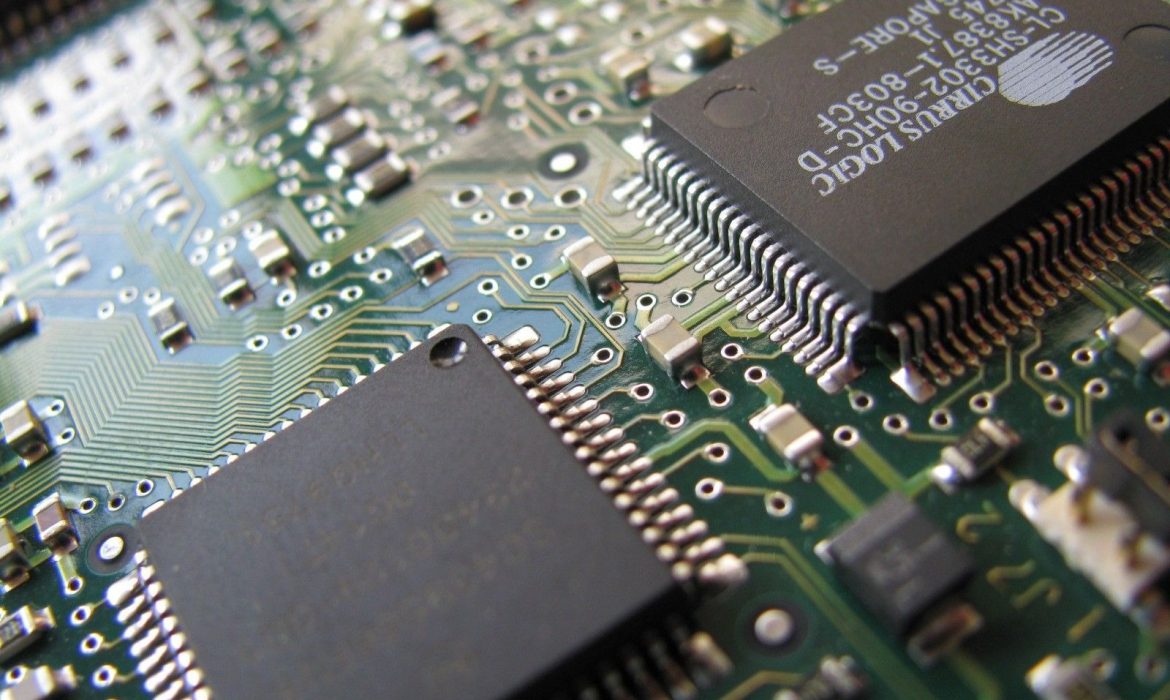China’s recent ban on the purchase of certain Micron chips has sparked controversy and escalated cybersecurity concerns between the United States and China. The ban, which comes as a response to previous U.S. sanctions, alleges cybersecurity threats associated with the use of Micron processors. The move reflects the ongoing trade tensions and tit-for-tat actions between the two economic powerhouses. As the cybersecurity landscape becomes increasingly complex, the ban highlights the potential risks associated with global supply chains and the growing importance of securing key information infrastructure.
China’s Ban on Micron Chips: China’s Cyber Administration has issued a directive ordering companies categorized as “key information infrastructure” to cease purchasing Micron processors. The administration claims that Micron chips have significant cybersecurity issues and pose a great risk to the country’s critical information supply chains. The term “key information infrastructure” encompasses sectors such as telecommunications, energy, transportation, finance, and defense, which are considered vital to China’s national interests.
Unclear Reasons and Cybersecurity Concerns: While the Chinese authorities have not explicitly stated how Micron chips pose a threat, they refer to a cybersecurity law implemented in 2016. This broad law covers various cybersecurity issues, making it difficult to pinpoint specific concerns regarding Micron’s products. The lack of transparency raises questions about the motivations behind the ban and the potential impact on global technology supply chains.
Micron’s Presence in China: Micron, a major semiconductor company, has established factories in China over the past 16 years. The country represents Micron’s third-largest market, accounting for 10.7% of its annual revenue in 2022. In its last annual report, Micron anticipated potential challenges in China, including increased competition from Chinese government-backed entities such as Yangtze Memory Technologies Co., Ltd. and ChangXin Memory Technologies, Inc. These entities have received substantial investments aimed at advancing China’s semiconductor industry and achieving national policy objectives. Micron also expressed concerns about potential market restrictions and competition limitations imposed by the Chinese government.
U.S. Response and Memory Chip Market Distortions: In response to the ban, the U.S. Department of Commerce has announced its intention to engage directly with Chinese authorities to clarify the U.S. position on the matter. The department aims to address the “memory chip market distortions caused by China’s actions” and plans to collaborate with key allies in finding a resolution. The ban on Micron chips further intensifies the trade tensions between the United States and China, highlighting the need for diplomatic negotiations and efforts to maintain fair competition in the semiconductor industry.
Conclusion: China’s ban on the purchase of certain Micron chips, citing cybersecurity concerns, adds another layer of complexity to the ongoing trade disputes between the United States and China. The ban underscores the importance of securing critical information infrastructure and the potential risks associated with global supply chains. As technology becomes increasingly intertwined with national security and economic interests, it is crucial for both countries to engage in constructive dialogue to address concerns and find mutually beneficial solutions. The resolution of these trade tensions will be crucial for maintaining a stable and prosperous global tech industry in the face of evolving cybersecurity challenges.


